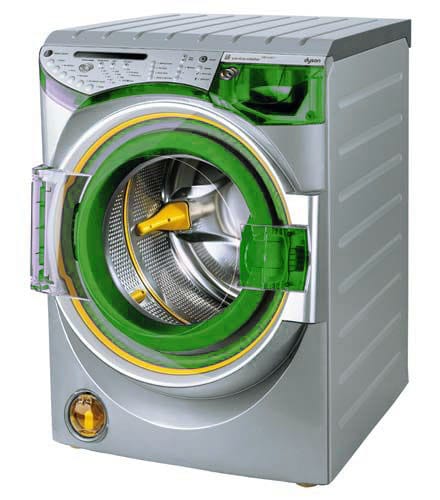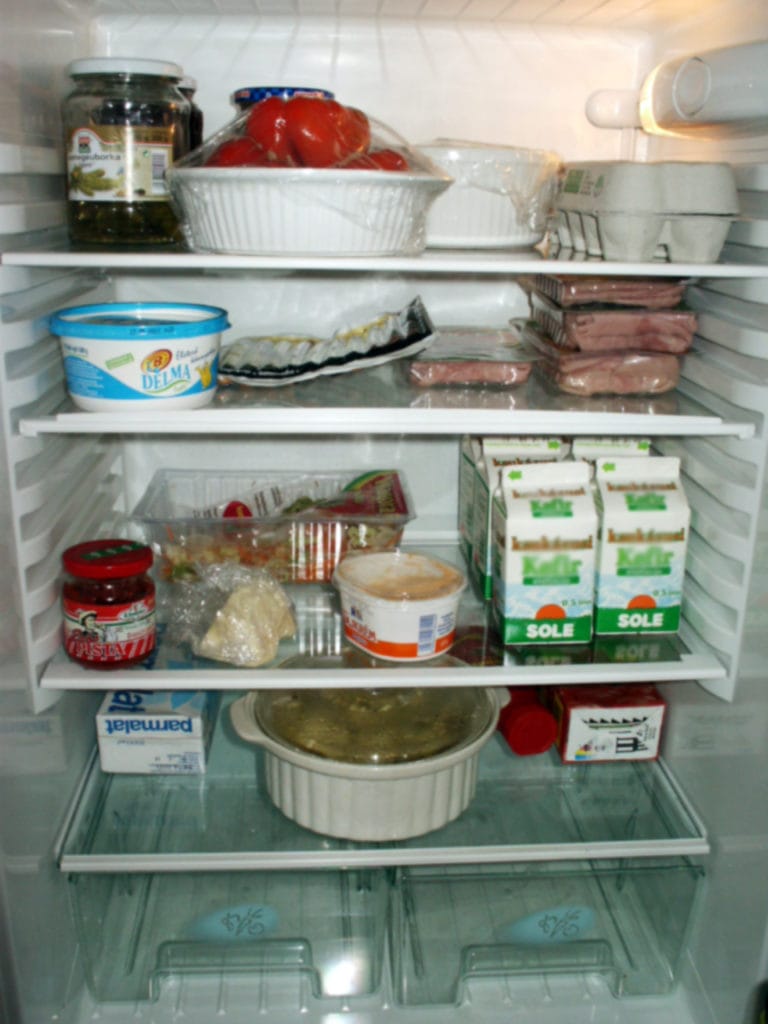Energy Efficiency
The Olympian: 9th circuit upholds state code for home-energy use
In an apparent defeat for the Building Industry Association of Washington, the 9th Circuit Court of Appeals has upheld a federal court ruling in favor of the State Building Codes Council over standards for increasing the energy efficiency of homes that it adopted in 2009. The NW Energy Coalition, Sierra Club, Natural Resources Defense Council and Washington Environmental Council intervened in defense of the higher energy standards.
Coalition congratulates Flathead Electric Cooperative and Snohomish County PUD for energy efficiency awards
The NW Energy Coalition would like to congratulate Flathead Electric Cooperative and Snohomish County PUD for receiving a well-deserved Excellence in Energy Efficiency Award from the Bonneville Power Administration. We applaud and appreciate their regional leadership in energy efficiency and a low carbon future!
NW Energy Coalition praises conservation goal in Oregon governor’s draft 10-year energy plan
Gov. John Kitzhaber’s draft plan, released today, calls for meeting 100% of new power needs by getting more out of the power we already produce. That goal exceeds the 85% efficiency target established in 2010 by the region’s official power planning agency, the Northwest Power and Conservation Council.
“While the draft plan goal exceeds the Council’s region-wide target, it’s a practical goal that accurately reflects Oregon utilities’ ongoing achievements,” said NW Energy Coalition senior policy associate Wendy Gerlitz of Portland.
New Clothes Washer and Dishwasher Standards Will Save Consumers Loads of Money, Protect the Environment
Energy and water efficiency standards released today by the U.S. Department of Energy (DOE) will deliver clothes washers that use as much as 35 percent less energy and water and dishwashers that use about 14 percent less energy and 23 percent less water.
That means lower utility bills for consumers and big environmental benefits for us all – without sacrificing any of the cleaning performance consumers count on, according to a coalition of consumer, energy and environmental groups.
A light bulb revolution: CFLs and LEDs replace incandescent bulbs
We are witnessing a revolution. Not the political revolution creeping across the Arab world. Not the information revolution playing out in Silicon Valley. A light bulb revolution. As we move away from standard incandescents, however, it’s not entirely clear what we’re moving toward. Several designs — including CFLs and LEDs — meet the federal standards. So which of these is best for the environment?
Coalition comments on BPA's Capital Investment Review process
The NW Energy Coalition writes to submit our comments on BPA’s draft asset strategies and potential investments in Federal Columbia River power and transmission assets. We first offer some general comments and then specifically focus attention on the investment levels outlined in the Asset Management Strategy for Energy Efficiency.
Energy Efficiency Brownbag Lunch- A special presentation on residential energy efficiency
The Coalition convened a panel of experts to update us on their energy efficiency programs in the Puget Sound area. What’s working? What motivates people to be interested in energy efficiency? What are the barriers to investing in efficiency retrofits? How does alternative financing play a role? Hear from panelists on these and many other topics…
Appliance savings just get better and better
A new report issued by the Appliance Awareness Standards Project (ASAP)
shows how important efficiency standards are to a clean energy economy.
Existing efficiency standards from their inception through 2035 will net
consumers and businesses more than $1.1 trillion in savings cumulatively.
And by 2035, cumulative energy savings will reach an amount equal to about
two years of total U.S. energy consumption. New standards set to be
adopted in the next four years will produce even more savings. The report
also includes a state-by-state analysis.
Two recent videos highlight the economic benefits of energy efficiency investments
Coalition member Climate Solutions has released a series of videos that show how community based efforts to invest in energy efficiency in Spokane and Kitsap County, WA helped create local jobs and helped home owners and local governments save money even during a time of rising energy prices.
Fulfill Our Clean Energy Initiative
Washington’s Clean Energy Initiative (also know as I-937) was passed by voters in November 2006 and requires the state’s major electric utilities to gradually increase the amount of new renewable resources in their electricity supply to 15% by 2020.
Since 2006, The Clean Energy Initiative has generated about $7.5 billion in renewable energy investments in this state, especially in our struggling rural communities, and all-time-record efficiency savings for energy consumers. More investments, more savings and more jobs will come to us as long as we keep the pathway open…











